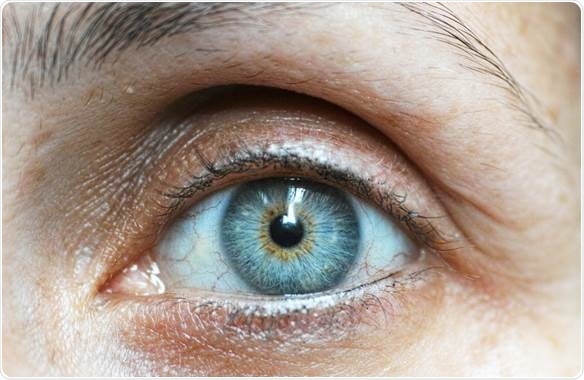Fight for Sight is funding researchers at Cardiff University to examine the extent to which dietary supplementation of Nicotinamide – a form of vitamin B3 – can be used to reduce, and even prevent, retinal damage caused by glaucoma. This important research could help pave the way for new types of treatment for glaucoma, which are currently focused only on reducing eye pressure and come at great personal and financial cost to both the patient and health services.

Since increased eye pressure is a main driver in glaucoma damage, this research will also test how effective Nicotinamide is in treating a wide range of eye pressure profiles, which will help determine what the optimal dosage should be for glaucoma patients. This research is likely to add to the growing body of evidence highlighting Nicotinamide’s protective role in preventing damage to retinal ganglion cells - the neurons located near the inner surface of the retina that transmit visual information from photoreceptors to the brain.
In conjunction with using Nicotinamide supplementation, the researchers will examine the effect of using biological manipulation (a type of gene therapy) to encourage production of certain proteins that help to mitigate retinal cell damage.
About glaucoma
Glaucoma has an impact on quality of life and is set to increase with an aging population. Current treatments are focussed on the reduction of eye pressure, as increased eye pressure is a driver of glaucoma damage. While there are a range of medical and surgical treatments available to lower eye pressure, evidence suggests that many patients do not take their medication as instructed, or if they do, the reduction in eye pressure is insufficient to prevent the loss of vision. At present, reducing eye pressure is the only treatable aspect of the disease, but operations that do this come at great cost, both to the patient and to the NHS.
Lead researcher Professor James Morgan from Cardiff University, said:
We are aware of two clinical trials using Nicotinamide (NAM) to treat retinal cell damage in glaucoma cases that have shown promising results. While we must tread carefully when extrapolating the promising results of this drug to another glaucoma model, it is very clear that this treatment, if successful, would have a major impact on patient outcomes. We also anticipate that the drug could have additional benefits for patients’ central nervous system health in terms of cognitive performance.”
Dr Rubina Ahmed, Head of Research at Fight for Sight, said:
This research funded by Fight for Sight will, if successful, serve as a promising addition to the growing body of research highlighting the therapeutic effects of Nicotinamide (NAM) in preventing retinal cell damage in glaucoma cases. We look forward to seeing the results of Professor James Morgan’s research in the hope that it will lead to more effective glaucoma treatments.”
Success in this research and other clinical trials would build a strong case for transforming the treatment of glaucoma patients through Nicotinamide supplementation and if proven successful, would come at less personal cost to the patient and less expense to health services.
Fight for Sight






No comments
Post a Comment